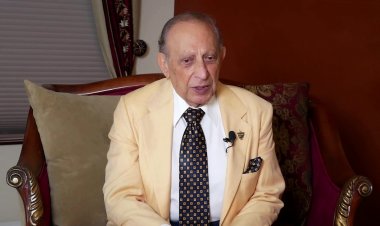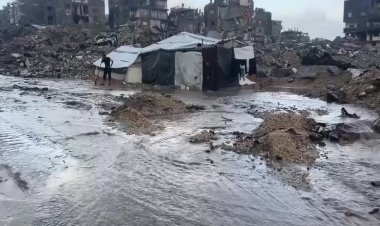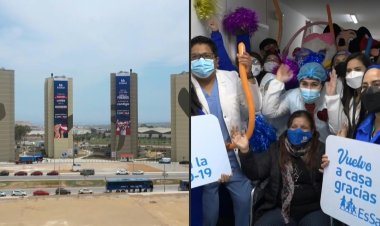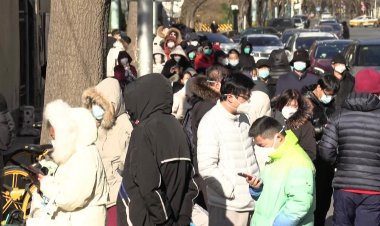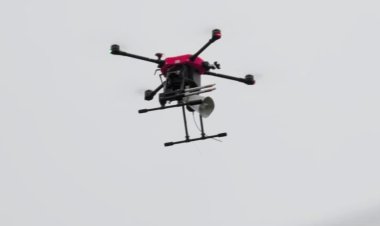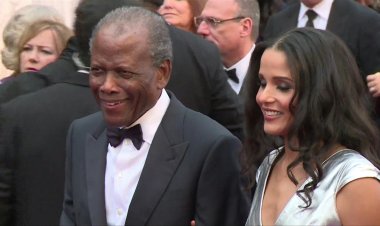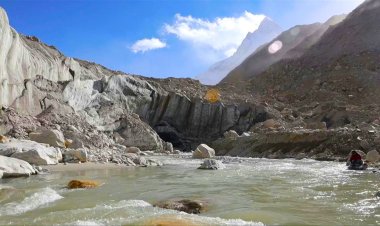Dead or alive? On the trail of the Taliban's supreme leader
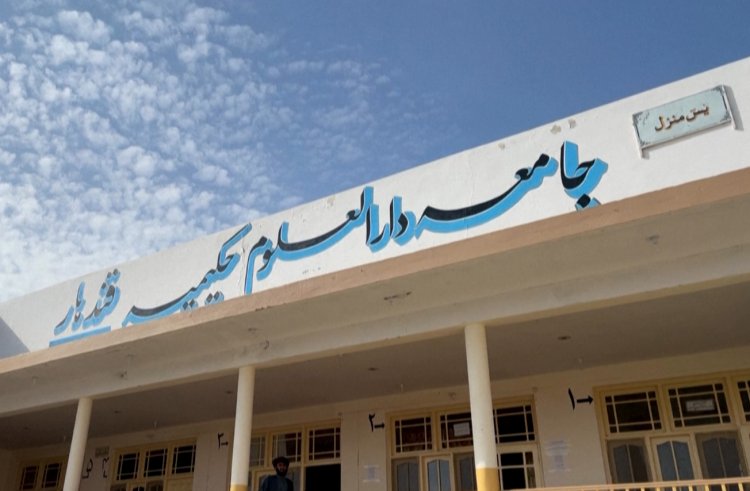
When the Taliban overran Kabul in mid-August, seizing power for the second time, the years-old mystery over the whereabouts of the movement's Supreme Leader Hibatullah Akhundzada deepened further.
Whether the elderly cleric is alive or dead is something many Afghans are uncertain about, and even the most dedicated analysts have doubts about who is really leading the group.
On October 30 -- two months after a Taliban spokesman insisted Akhundzada was alive and well in Kandahar -- rumours swirled in the southern city that the "emir" had delivered a speech at a Koranic school, or madrassa.
Taliban officials gave their stamp of authenticity to his appearance at the Hakimia madrassa, releasing a crackling audio recording lasting more than 10 minutes.
"May God reward the oppressed people of Afghanistan who fought the infidels and the oppressors for 20 years," intones an aged and echoing voice, said to be that of Akhundzada.
His public profile had previously been largely limited to annual written messages released for Islamic holidays.
In one of the poorest suburbs of Kandahar, between a litter-strewn stream and a dirt track, two Taliban fighters stand guard in front of the Hakimia madrassa's blue-and-white gate.
It has become something of a magnet since October 30, attracting curious -- albeit respectfully distant -- crowds of Taliban supporters.




